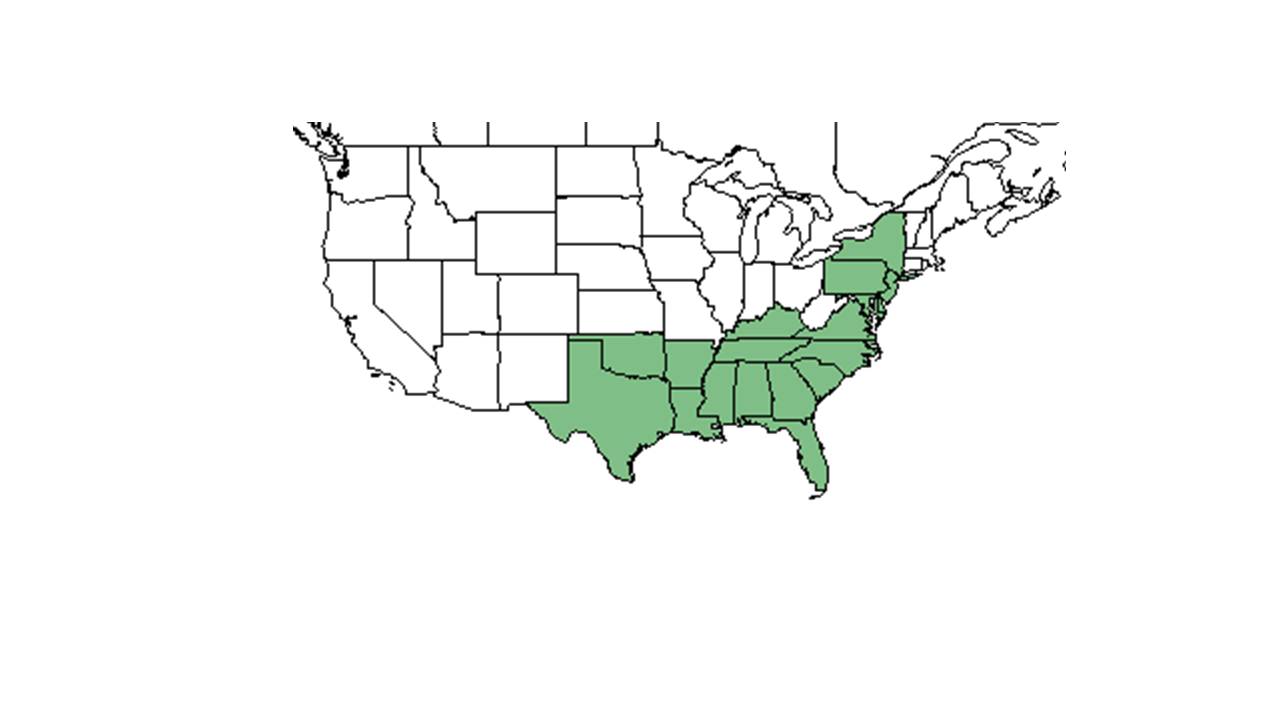Difference between revisions of "Hypericum crux-andreae"
Ruthstetler (talk | contribs) (→Description) |
|||
| Line 20: | Line 20: | ||
<!-- Basic life history facts such as annual/perrenial, monoecious/dioecious, root morphology, seed type, etc. --> | <!-- Basic life history facts such as annual/perrenial, monoecious/dioecious, root morphology, seed type, etc. --> | ||
Common Name: St. Peterswort | Common Name: St. Peterswort | ||
| + | |||
| + | ''Hypericum crux-andreae'' is a perennial shrub. | ||
==Distribution== | ==Distribution== | ||
Revision as of 15:23, 20 July 2015
| Hypericum crux-andreae | |
|---|---|

| |
| Scientific classification | |
| Kingdom: | Plantae |
| Division: | Magnoliophyta - Flowering plants |
| Class: | Magnoliopsida – Dicotyledons |
| Order: | Theales |
| Family: | Clusiaceae ⁄ Guttiferae |
| Genus: | Hypericum |
| Species: | H. crux-andreae |
| Binomial name | |
| Hypericum crux-andreae (L.) Crantz | |

| |
| Natural range of Hypericum crux-andreae from USDA NRCS Plants Database. | |
Contents
Description
Common Name: St. Peterswort
Hypericum crux-andreae is a perennial shrub.
Distribution
Ecology
Habitat
It is found in flatwoods longleaf pine wiregrass ecosystem.[1]It is found in titi/cypress swamp community type of Florida.[2]
Phenology
Seed dispersal
Seed bank and germination
Several short-lived perennial forbs also have a seed bank persistent for at least several years.[3]
Fire ecology
Pollination
Use by animals
Diseases and parasites
Conservation and Management
Cultivation and restoration
Photo Gallery
References and notes
- ↑ Brockway, D. G. and C. E. Lewis (1997). "Long-term effects of dormant-season prescribed fire on plant community diversity, structure and productivity in a longleaf pine wiregrass ecosystem." Forest Ecology and Management 96: 167-183.
- ↑ Drewa, P., W. Platt, et al. (2002). "Community Structure along Elevation Gradients in Headwater Regions of Longleaf Pine Savannas." Plant Ecology 160(1): 61-78.
- ↑ Platt, W. J., S. M. Carr, et al. (2006). "Pine savanna overstorey influences on ground-cover biodiversity." Applied Vegetation Science 9: 37-50.